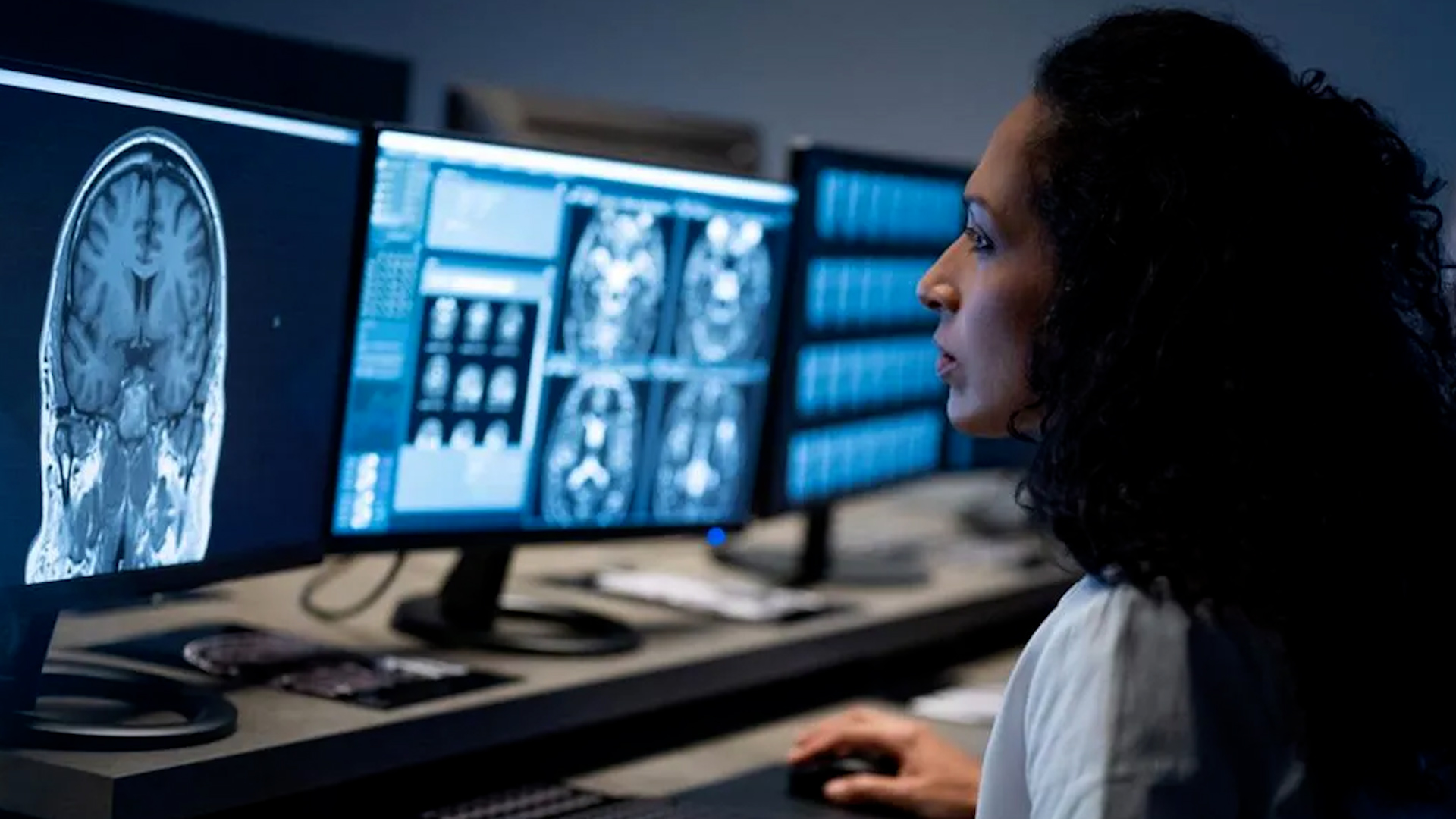
Pioneering UK concussion researchers receive funding from US Department of Defense

New research is being carried out in the UK which aims to transform the way concussion is identified and managed, whether it happened in an explosion, an accident or while playing sport.
The US Department of Defense has awarded a seven-year contract to the Royal Centre for Defence Medicine at Queen Elizabeth Hospital Birmingham that will involve military patients and expertise from the Defence Medical Rehabilitation Centre in Leicestershire.
Around 890 people aged 18 to 60 are taking part in the study, providing a range of biomarkers – such as blood and saliva, mental health, vision, balance and sleep – as a measure to predict long-term complications from mild Traumatic Brain Injury (mTBI), which is also known as concussion.
Researchers will measure the effectiveness of various methods to predict the outcomes of mTBI after six, 12 and 24 months.
Major General Timothy Hodgetts, the Surgeon General of the Armed Forces, said they hope to address a significant and shared clinical problem, which would not be possible to complete without the support of the US Department of Defense (DoD).
"This is a prime example of our longstanding bilateral research collaboration where we have a common purpose to address a significant and shared clinical problem," he explained.
"This study will be definitive in helping us identify those who need the most help and resources following a very common injury."
The research programme brings together a team of experts including neuroscientists, psychologists, sport and exercise scientists, software developers and statisticians.
It will recruit military personnel who experience concussion during training or active duty, as well as patients with concussion related to sports injuries, road accidents, cycling accidents, falls and accidents at work.
Dr David J Smith, from the DoD, said the US was excited to support the study and "continue to identify threats to the brain, such as blast overpressure, head impact, directed energy, and environmental hazards".
“These threats may have a direct impact on brain health," he said. "Our aim is to reduce risks to the brain, monitor exposures and document them for long-term review."
Concussion has been declared a major global public health problem, with 1.4 million hospital visits due to head injury being recorded annually in England and Wales.
It is estimated that up to 9.5% of UK military personnel in a combat role are diagnosed with concussion every year.
Although classed as mild brain injury, the consequences of mTBI are profound, with many patients suffering long-term disability due to persistent headaches, imbalance, memory disturbance and poor mental health.
The mTBI-Predict study will look at biomarkers to enable faster diagnosis and assessment of a concussion, leading to improvements in treatment and long-term management, enabling a quicker return to play, work or duty.









